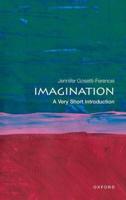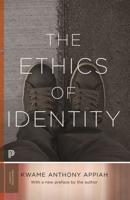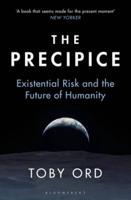Publisher's Synopsis
Anthony Rudd introduces, explains, and discusses of some of Kierkegaard's central ideas, showing their relevance to current debates in ethics, epistemology, and the philosophy of religion. Rudd uses these ideas to illuminate questions about the foundations of morality and the nature of personal identity, as discussed by analytical philosophers such as MacIntyre, Parfit, Williams, and Foot. Kierkegaard and the Limits of the Ethical offers a way forward from the sterile conflict between the view that morality and religion are based on objective reasoning and the view that they are merely expressions of subjective emotions. Rudd argues that morality and religion must be understood in terms of the individual's search for a sense of meaning in his world, but emphasizes that this does not imply that values are arbitrary or merely subjective.









